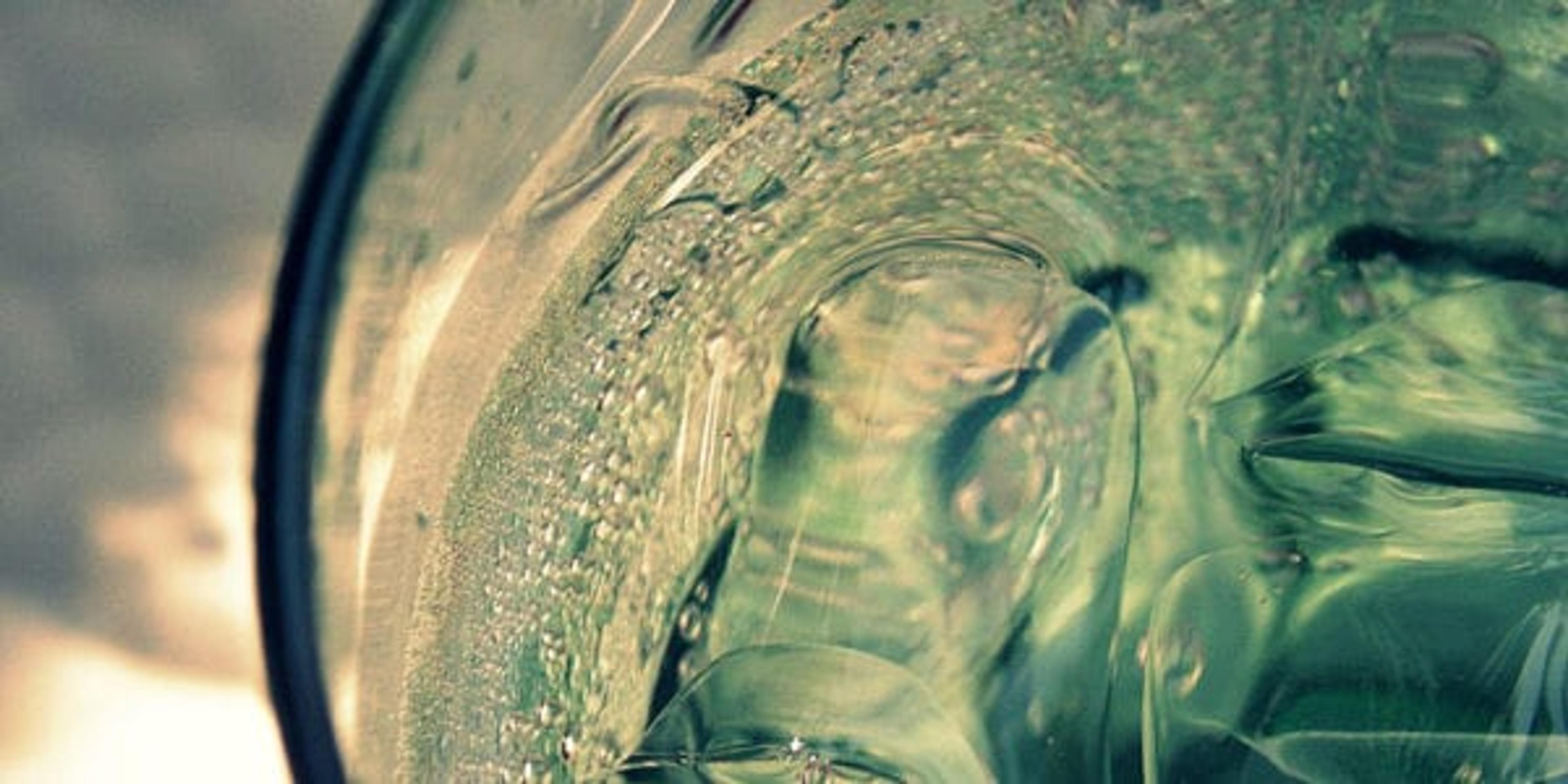Water, Water Everywhere … Be Sure to Wet Your Whistle
| 2 min read

H2O: two parts hydrogen, one part oxygen. This simple combination happens to be one of the most important substances for our health.
It keeps our body humming.
Every metabolic system in our body requires water to function properly. Water protects our organs and skin, aids digestion and prevents constipation. It lessens the burden on our kidneys and liver by flushing out waste and keeps our blood the right consistency to flow through blood vessels. Water also helps dissolve nutrients and minerals so they can be absorbed more easily. It even acts as a shock absorber for our joints, cushioning them as we move.
It needs constant replenishing.
Even though water makes up about 60% of our total body weight, our bodies can’t store it for long periods of time. Plus we lose about 2 ½ quarts of it through our breathing, sweating, and trips to the restroom. So how much water should you drink in a day? It varies by person, climate, activity level, and general health, but eight glasses of water a day is a good rule of thumb. That said, keep in mind that healthy active men could need as much as 13 glasses a day and women could need up to 10 glasses a day. You’ll know you’re drinking enough water if you’re rarely thirsty and your pee is close to colorless.
Three easy hydration tips:
- First thing in the morning, drink a full glass of room temperature water to recover from overnight dehydration.
- Whenever you’re feeling a little sleepy or hungry during the day, drink up. Dehydration is a common cause of daytime fatigue and mild hunger.
- When traveling by air, drink more than usual. You can lose up to a quart of water during a 3-hour flight.
Photo credit: Tasteless





